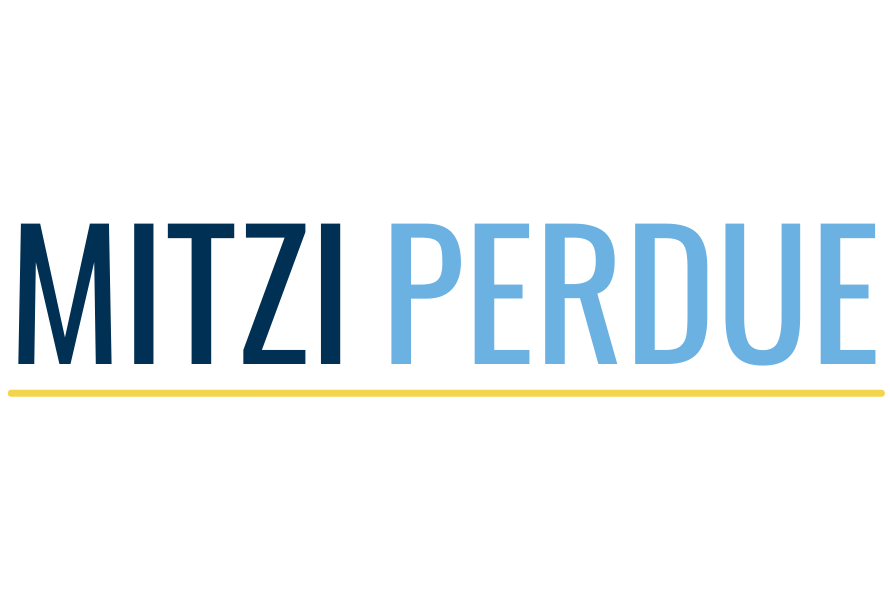Are You Paying Attention to Both Parts of Succession Planning?
There are two major components of family business succession, but all too often family business owners focus on only one. The result is missed opportunities and the potential for family dysfunction.
The two biggest components of succession are plans for:
- The operating business itself
- The ownership of the operating business
Let’s assume for the moment that you decide that you would benefit from putting more effort into the second part of succession, the ownership side. What does this involve?
A Limited Pool of Candidates
As the founder and chair of the Institute for Family Governance, Dr. Babetta von Albertini has some strong views on this. “Ownership succession is different from business succession,” begins von Albertini. “You have to pick the leadership from within your family. You don’t have the option of choosing from the same large pool that you would if you were looking for outside professional leadership of the operating company.”
How does von Albertini suggest dealing with the fact that you need to have your ownership leadership selected from a limited number of candidates, namely the family?
Her first recommendation is, “Start planning for this ahead of time. When people know what they need to prepare for certain roles, they can start training for these jobs early on.”
Learn Their Interests and Strengths
She particularly recommends discovering which jobs interest each family member and also, finding out what they’re best qualified for. Working in the operating business itself may be right for some, while for others, the best fit might be working as part of the ownership structure.
Asking the family member what job interests him or her is a start. As for what their professional strengths and aptitudes are, she believes psychometric testing can be valuable. HR departments use these kinds of tests all the time. They really do help in discovering an individual’s strengths and talents.
What about the family member who isn’t interested in working for the operating company? Or the one whose personal strength just aren’t the right fit for serving in the company? Von Albertini suggests finding other ways a family member can contribute.
Maybe they’d be excellent for serving on the family council. Maybe they might enjoy being deeply involved in the family’s philanthropic efforts. Or possibly, being in charge of family vacations or family get-togethers might be just right for some. Facilitating communication among family members is therefore essential.
Provide Coaching and Mentoring Early
Once you have a sense of the family member’s interests and the role he or she is best suited for, you provide them with the coaching and mentoring they’ll need. For example, suppose a young person has confided in you that she wants to be the CEO one day.
What are the subject areas that he or she should get training on? What work experience should be obtained? Von Albertini suggests that the family agree on a family policy that lists the essential requirements for the various roles.
Have a widely agreed-upon family policy that provides transparency. It will allow the young person to prepare for the role. A family policy will likely require some financial education as well as work experience, possibly in a non-family company.
In addition, mentors can provide guidance and feedback at critical junctures. These mentors can either come from the extended family or from unrelated industry professionals. It is important that the candidate feels comfortable with the mentor and that there is trust.
Importance of Communication and Agreement on Long-Term Vision
Communication and agreement on the way ownership rights should be exercised is paramount when deciding on the future direction of the family business. One way of encouraging a long-term perspective is asking family shareholders, “What do you want the decision-making structure to look like in 10 years? Or in 20 years?”
Have flexible structures that provide room for the next generation to participate meaningfully. If some family members who are owners disagree with the long-term vision, have an exit mechanism available for them.
Von Albertini says: “Keep in mind that even a ‘bullet-proof’ legal structure may not work if there isn’t broad-based buy-in. Disappointed family members can always choose to litigate, which is highly disruptive for both the operating business and the family”.
She then adds: “It is always better to have frank discussions upfront. Anything that is discussed and agreed upon at this time is much less likely to be litigated in the future.”
Emerging Field of Family Governance Experts – Institute for Family Governance Serves as Know How Hub
Successful Inter-Generational succession planning can be daunting. To help families implement strong governance that endures, von Albertini founded an organization. As she explains, “The Institute for Family Governance (IFG) achieves strong governance that endures through multi-disciplinary collaboration and know-how exchange among trusted advisors”.
IFG brings together well-known thought leaders from the fields of law, psychology and family business consulting. In the emerging field of family governance, IFG focuses on research-based best practices and practical solutions that have worked for other families in the past.
If you’d like to know more about this approach, come to the Institute for Family Governance conference in Manhattan on January 24, 2019. For more information, see: http://www.ifgworldwide.org.
Mitzi Perdue is a business owner, speaker. and author of the book, HOW TO MAKE YOUR FAMILY BUSINESS LAST. Contact her at Mitzi@MitziPerdue.com or call her at 410 860-4444.
Search Articles
Latest Articles
Ukraine’s Secret Hospital Train
https://spectator.org/ukraines-secret-hospital-train/ Publication – spectator.org
Ukraine’s Irradiated Scrapyard Is a Global Health Hazard
https://www.kyivpost.com/post/30760 Publication – kyivpost.com
As Russia Tortures Evangelical Christians, US Baptists Urge House Speaker Johnson to Take Action
https://cmsedit.cbn.com/cbnnews/world/2024/april/as-russia-tortures-evangelical-christians-us-baptists-urge-house-speaker-johnson-to-take-action Publication – cmsedit.cbn.com
Prosecute or Move On?
https://www.psychologytoday.com/us/blog/to-end-human-trafficking/202404/prosecute-or-move-on Publication – psychologytoday.com
Subscribe to Updates
About Author

Mitzi Perdue is the widow of the poultry magnate, Frank Perdue. She’s the author of How To Make Your Family Business Last and 52 Tips to Combat Human Trafficking. Contact her at www.MitziPerdue.com
All Articles
Learn How to Turn Adversity Into Opportunity
Learn How to Turn Adversity Into Opportunity“Use adversity as a bridge to your destiny.” Those are nice words to live by, especially if it works and your destiny turns out to be fulfilling and rewarding. People probably view Mark Victor Hansen’s destiny as a...
When it Comes to Vendors and Services, Size Matters
When it Comes to Vendors and Services, Size MattersWhen you’re evaluating outside vendors or services for your family office clients, is the size of the company you’re looking at one of your important considerations? It was a crucial screen for my late husband, Frank...
Shifting to a High-Functioning Family
Shifting to a High-Functioning FamilyYou’ve heard of a Tale of Two Cities by Dickens, right? Today’s topic is a Tale of Two Families and the person who can tell the story is Steve Legler, a family business speaker, author, and advisor. The two families he has in mind...
Your Family’s Greatest Heirloom
Your Family’s Greatest Heirloom“There’s nothing greater you can give your family than this,” says Jamie Yuenger, founder of StoryKeep. “Provide those who come after you with the tools for personal, emotional, and spiritual success.” The way to do this, she believes,...
Want your family business to last ? Five tips for getting there.
Want your family business to last ? Five tips for getting there. View ArticleSearch ArticlesLatest ArticlesSubscribe to UpdatesAbout AuthorMitzi Perdue is the widow of the poultry magnate, Frank Perdue. She’s the author of How To Make Your Family Business Last and 52...
Fourteen Ways to Help Clients Avoid Fortune Hunters
Fourteen Ways to Help Clients Avoid Fortune Hunters View ArticleSearch ArticlesLatest ArticlesSubscribe to UpdatesAbout AuthorMitzi Perdue is the widow of the poultry magnate, Frank Perdue. She’s the author of How To Make Your Family Business Last and 52 Tips to...





